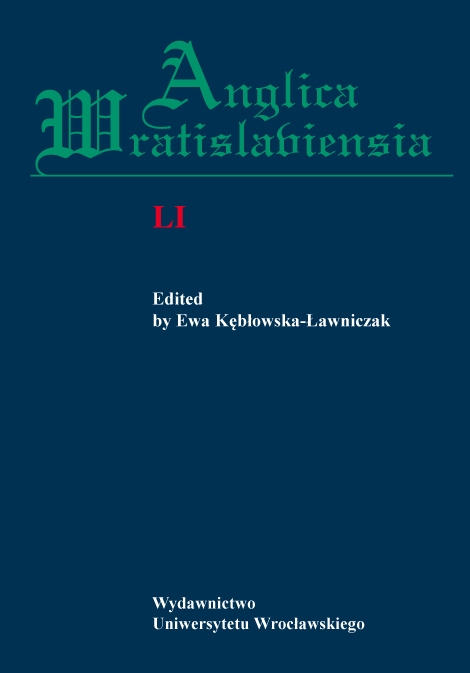

Applied Linguistics

The term ‘English as alingua franca’ ELF has been widely used to refer to communication in English between speakers of different first languages. The management of language education in the European Union system seems to be quite problematical. There are some voices against a dominant role of English and its non-native users are described as victims of a linguistic Frankenstein in the sense that other languages’ role is reduced. This negative role of English was already noticed by Mahatma Gandhi who claimed that giving the knowledge of this language to millions is a kind of slavery Gandhi 2008. It can be said that English as a lingua franca in Europe ELFE is a kind of European-English hybrid which, as it evolves, will take its norms of correctness from continental Europe rather than from Great Britain or the United States.
The present article seeks to contribute to the general understanding of the ELF phenomenon in Europe. It consists of the theoretical deliberations about ELFE and the author’s proposal for its study. First, it discusses in detail the phenomenon of ELF and its emergence. The systematic study of the nature of ELF is also presented including lexicogrammar features by Seidlhofer and pronunciation features crucial for intelligibility described by Jenkins as the Lingua Franca Core. A special emphasis is put on the status of ELFE in language education. Finally, the author of the article presents a set of ideas for investigating the phenomenon of ELFE in the academic settings on the basis of the ELFA corpus available at University of Helsinki.